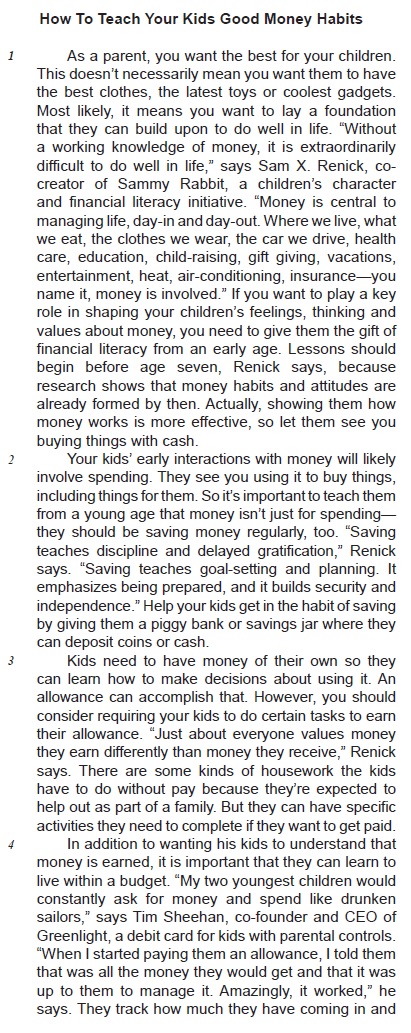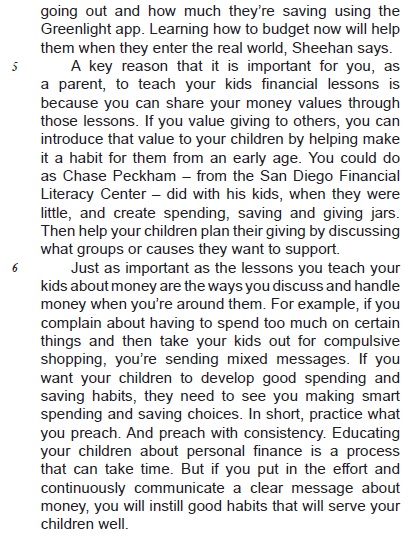By Stephan Herrera
February 13, 2003
New York, January 1, 2006:
Sweden announces that one of its biotechnology companies is the first in
the world to enter clinical trials with a new drug that could cure
Alzheimer's disease. Four years ago this type of research was all but
stopped in the United States by political and ethical questions − which is ...61... Sweden now seems in the best position to capture a $25 billion
market.
Any day now, the U.S. Congress is expected to pass a
sweeping new law that could dramatically inhibit researchers from working with stem cells taken from human embryos. Such
cells, which can be used to grow a whole host of new cells and
organs, could fundamentally change the way we treat heretofore
intractable maladies like Alzheimer's disease, Parkinson's
disease, cancer, stroke, liver failure, and heart disease. The only
problem is that these cells by definition are derived from human
embryos, many of which are cloned or come from unused
fetuses collected at fertility clinics. The argument, from a certain
segment of the American political spectrum, is that ....62... methods are morally wrong. They are ....63... a form of abortion or
an activity that could eventually lead to human cloning.
Those working in stem cell research say the short-term
effect of the legislation will be to further chill all forms of scientific
inquiry and commercialization efforts in the field. Entrepreneurs
and investors are already eschewing such research − in large
part because of the additional uncertainty and risk that politics
introduce.
Of the nearly 50 private stem cell companies in the
United States, only a handful are still viable. Meanwhile, across
the Atlantic, Sweden has avoided many of the political and
ethical quagmires surrounding this type of research. It currently
has 40 private stem cell companies, a number that's growing.
Sweden's leading research universities have 32 percent of the
world's stem cell inventory, close on the heels of the United
States' 35 percent.
Sweden, say analysts, is now in the best position to
capture a worldwide market for drugs based on stem cell
therapies that could grow to $25 billion in the next three to five
years − nearly equal to the whole biotech industry at present.
This estimate doesn't even address the market for stem cells
capable of repairing damaged vital organs like the brain, heart,
and kidneys. If the United States offers an object lesson of what
can happen when scientific inquiry and investment capital fall victim to politics, Sweden and its leading stem cell startup,
NeuroNova, offer the opposite example. How odd that the
United States, which for generations has been the envy of the
world for its progressive views of science and commercialization,
should now have a biomedical climate chillier than a Swedish
winter.
One company feeling a lot of pain is StemCells, which at
first glance seems to have it all: founding scientists include
Stanford's Dr. Weissman and Fred Gage of the Salk Institute in
La Jolla, California. An equally well-regarded expert in the
treatment of Alzheimer's, Dr. Gage spent five years in Sweden
as a researcher and now sits on a national committee on stem
cell research there. The firm's chairman is Roger Perlmutter,
Amgen's head of research.
Yet over the past two years, none of management's
efforts to help investors and even critics reconsider the stem cell
field have worked. At press time, the stock was thinly traded and
sitting in the neighborhood of 50 cents. With less than $15
million in cash, the company likely won't exist at this time next
year. (CEO Martin McGlynn, who joined the firm in January
2001, would not talk to Red Herring, despite repeated efforts.)
Some observers on Wall Street are asking, If StemCells
can't make it, who can? Geron, the only other publicly held stem
cell firm to speak of, is in a fix, too. The company's stock price is
also moribund, at $3.85 per share. Thanks to some capital
infusions a few years ago, when money came easy, Geron still
has $40 million on hand, but by the end of next year, that too will
likely be gone. Once a media darling, Geron focuses on
diagnostic tests and drugs derived from stem cells, a strategy
that's not going well. For the nine months ended last September,
revenue fell 68 percent to $955,000 and net loss widened 18
percent to $26.7 million. The company's financials were also hit
hard after it terminated an agreement with Pharmacia and acquired research technology from Lynx Therapeutics, which
Geron bought in a desperate attempt to be seen as something
more than just a stem cell company.
The situation is quite different, however, for Sweden's
NeuroNova, which has 30 academic partners and a staff of 20.
NeuroNova is working on ways to inject stem cells into the
human brain to trigger a process called neurogenesis (the
growth of new neural cells), which could combat diseases like
Parkinson's, Alzheimer's, and even schizophrenia.
If NeuroNova is the first to develop a drug capable of
treating one of several central nervous system disorders − by far
the most lucrative after heart disease products − it will have
done so not because it raised more money or got more media
buzz than the rest. It will have succeeded because the science
is solid, and academe, government, and the investment
community are supportive. Meanwhile, the United States will
look on with envy and wonder how it, a country known for its
entrepreneurial innovation, ever got so short-sighted.
(Adapted from
http://www.redherring.com/investor/2003/02/biotech021303.html)



